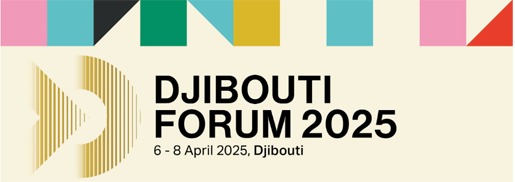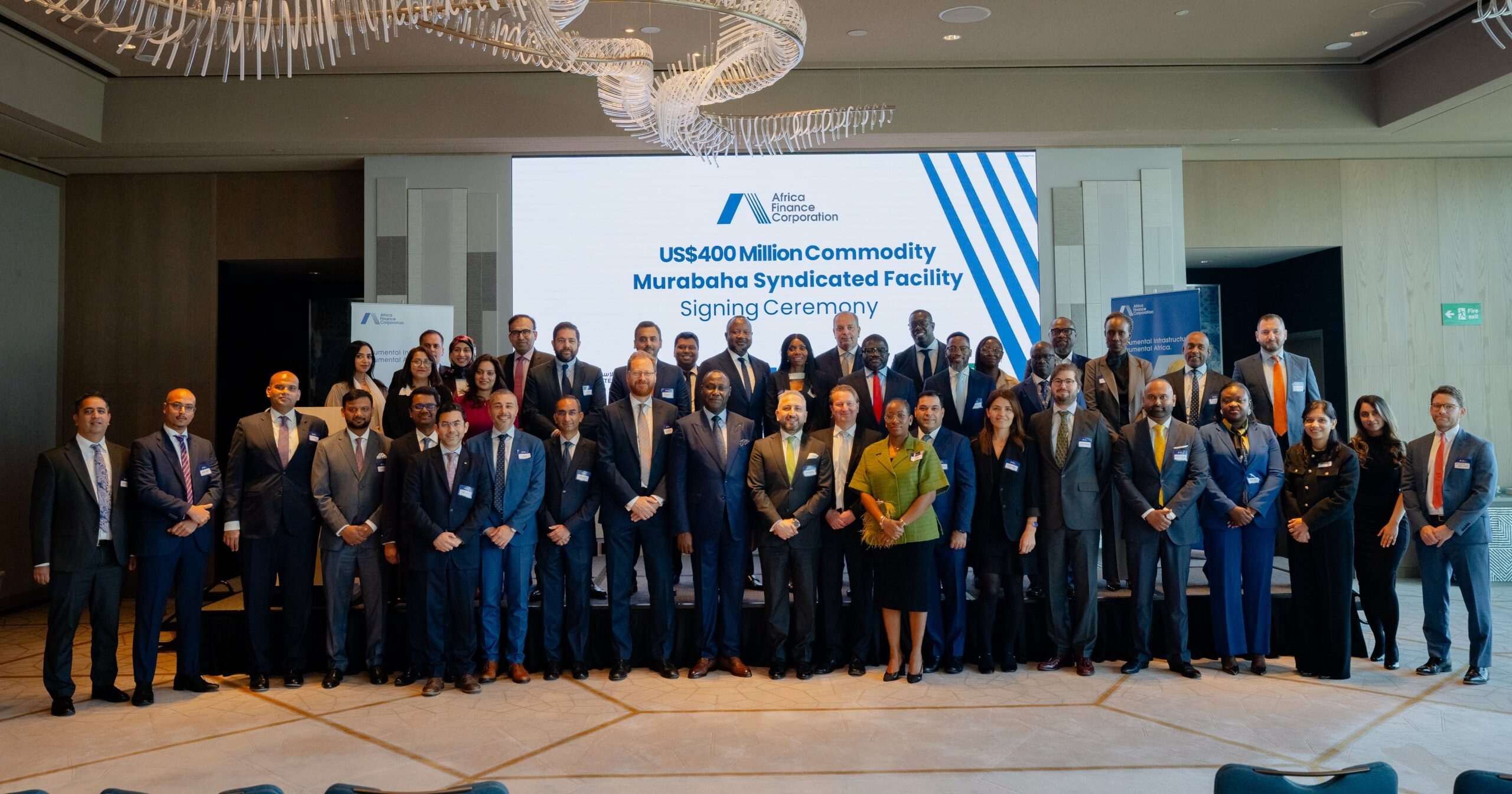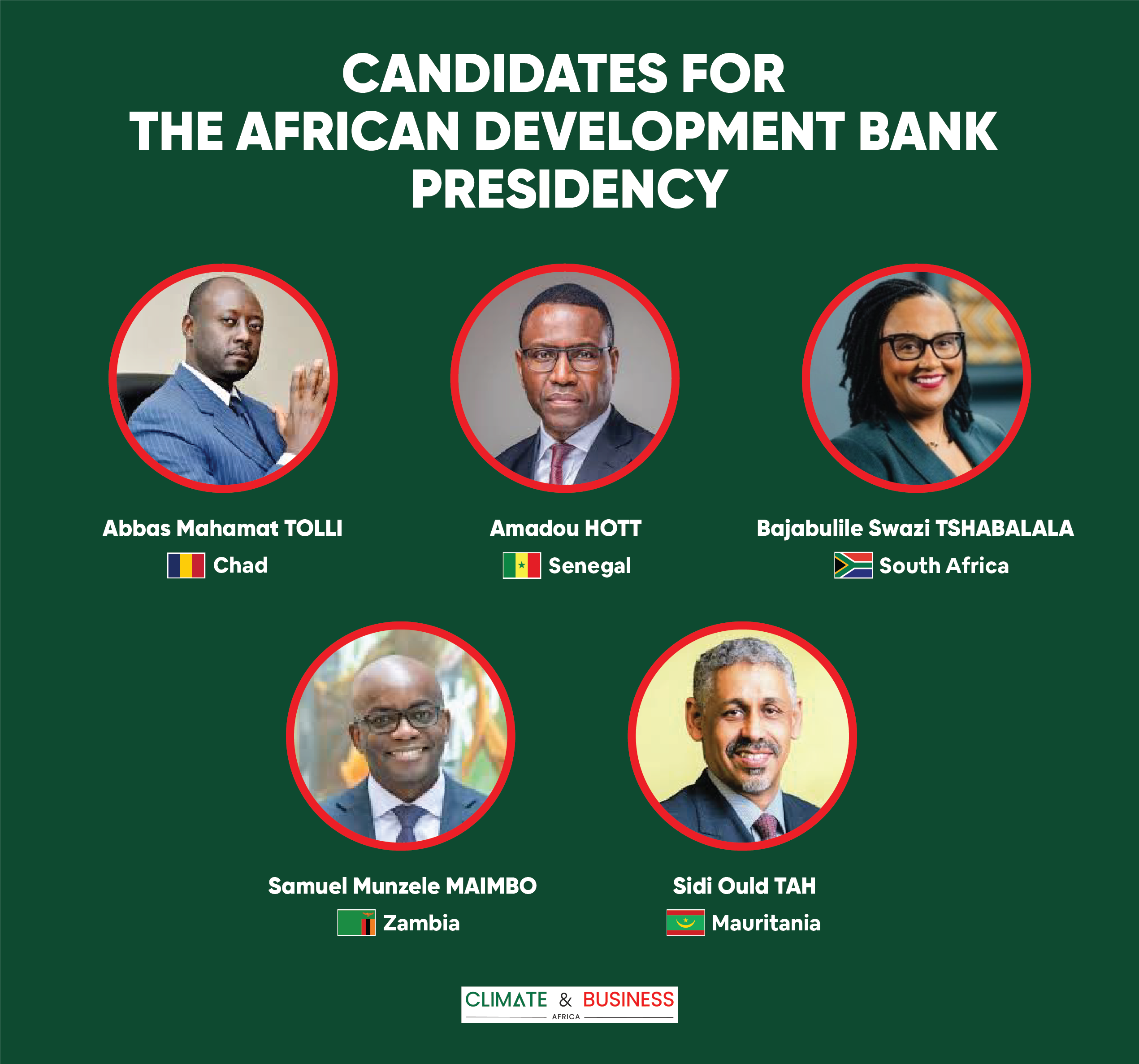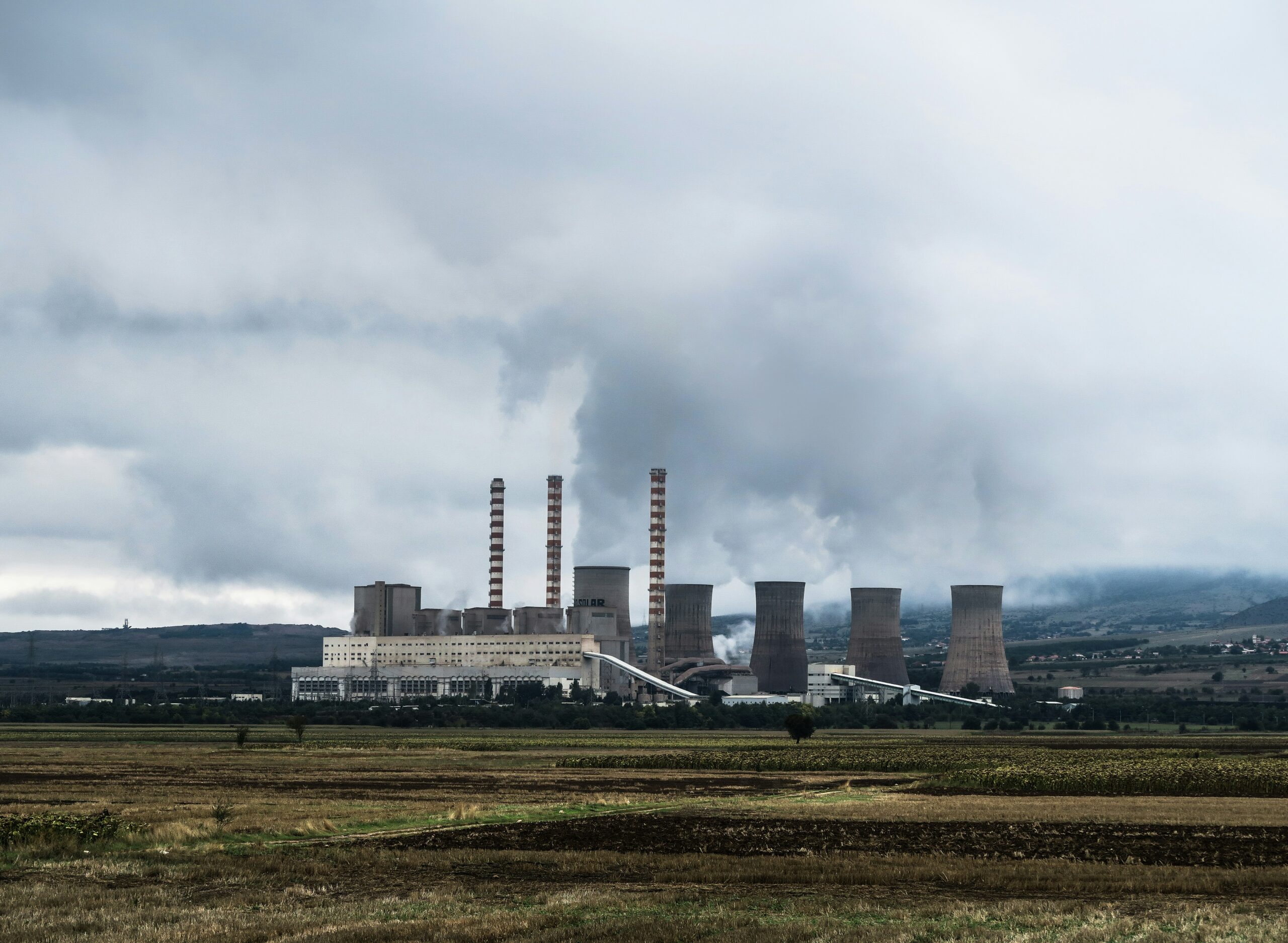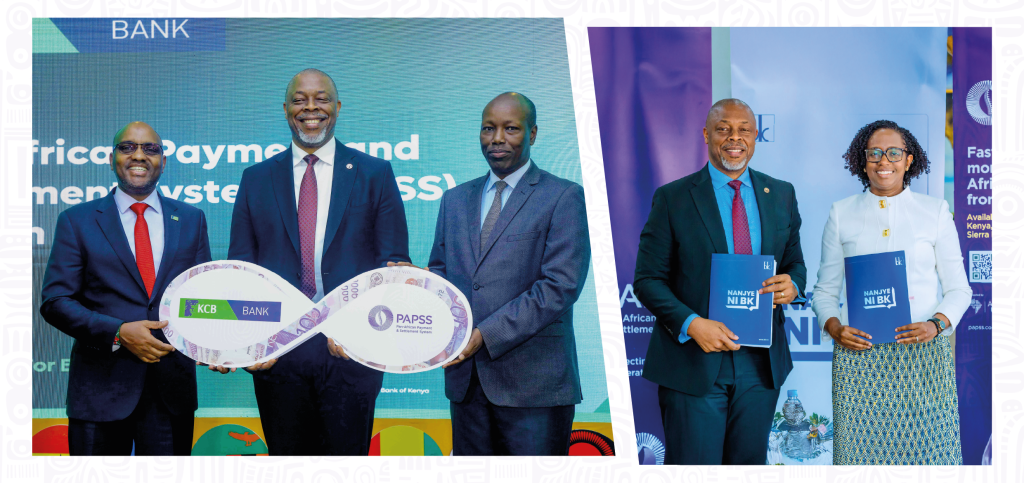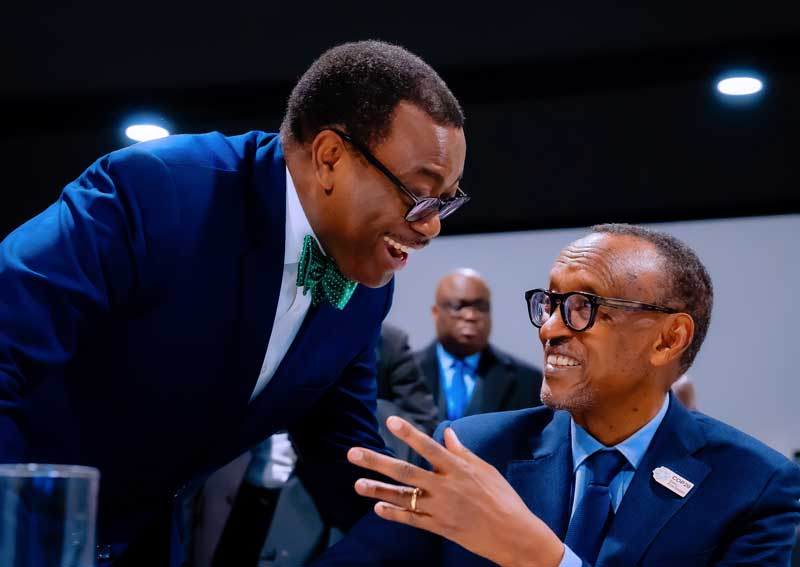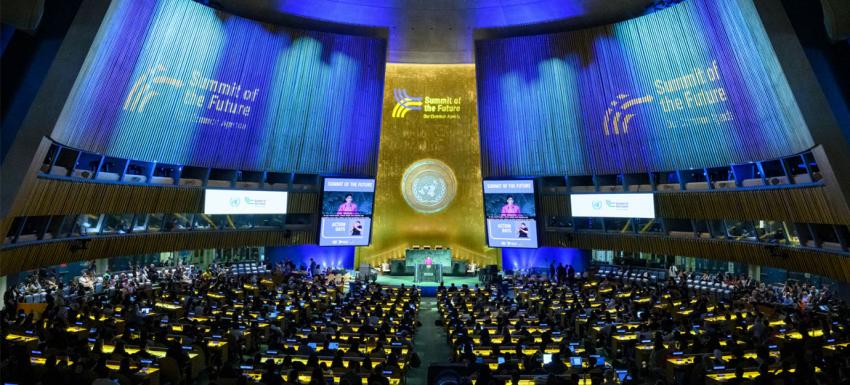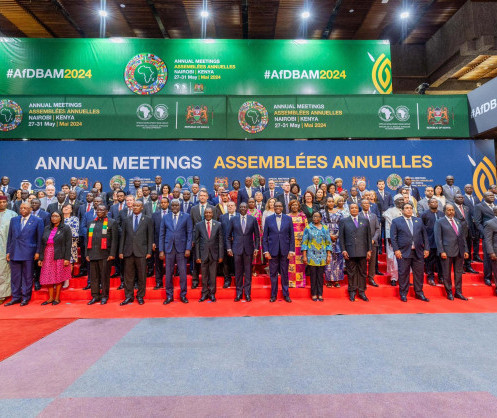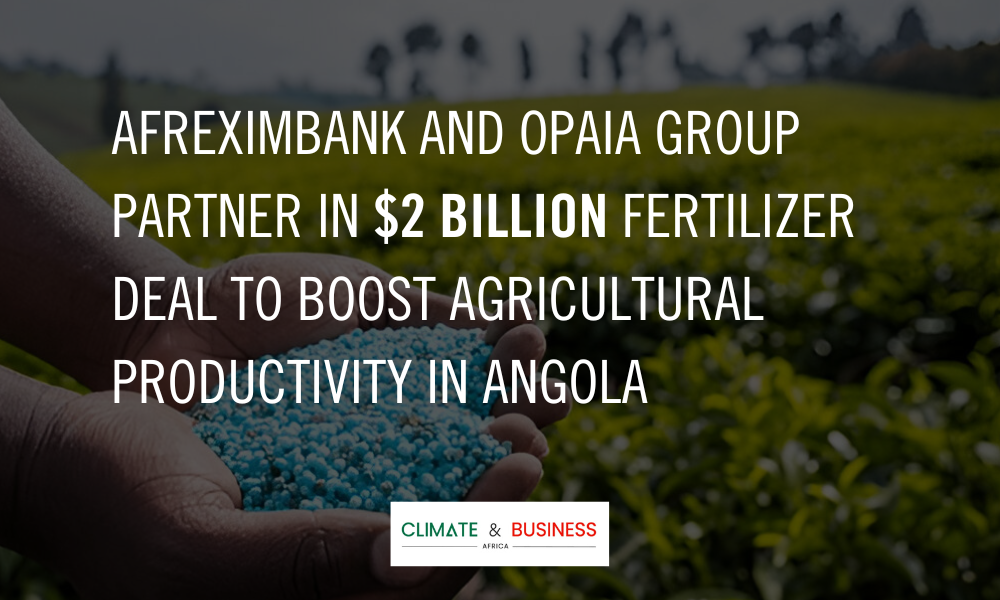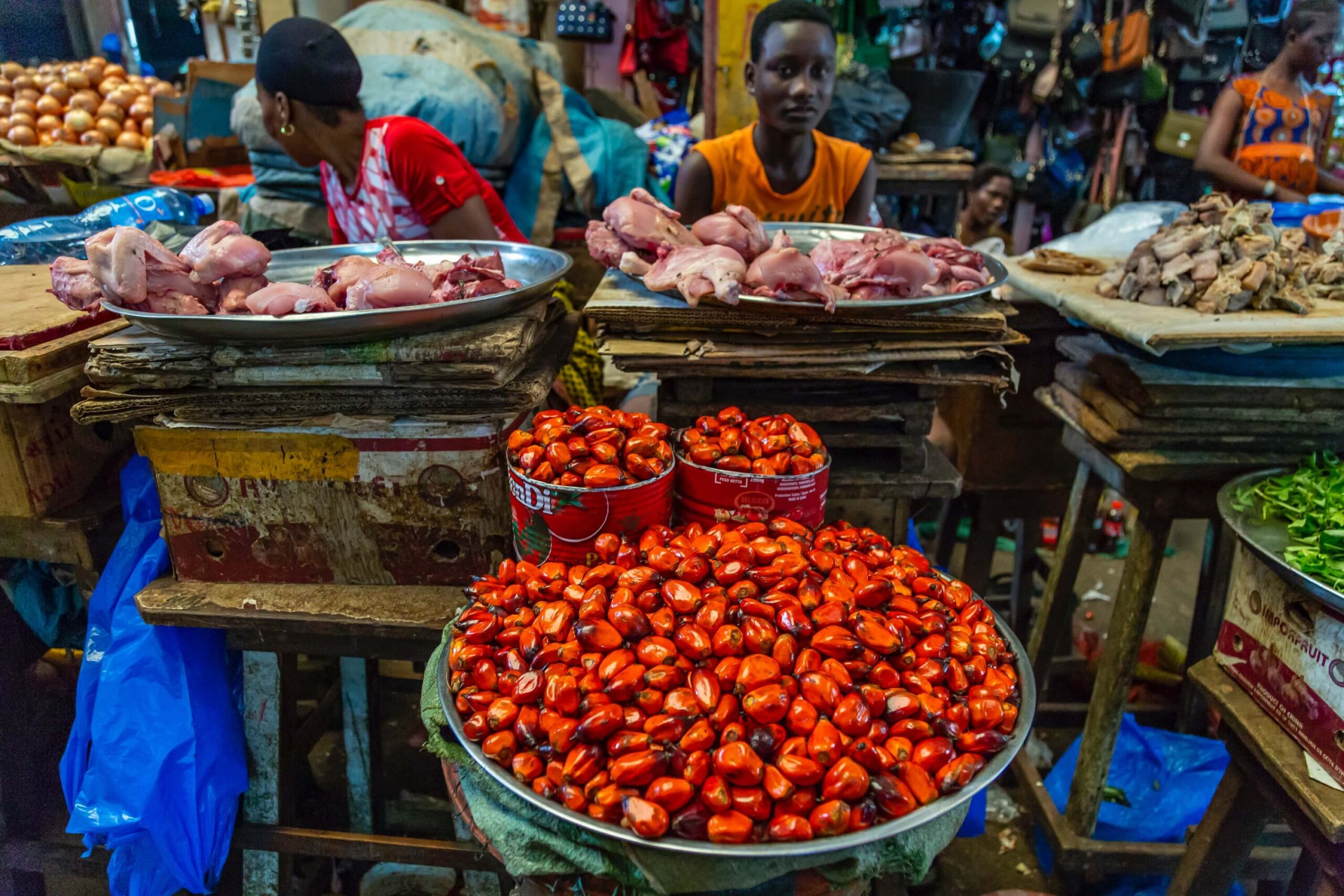The Africa Finance Corporation (AFC) has secured a 400 million Shariah-compliant commodity Murabaha facility , marking its first return to Islamic finance markets in eight years, as the institution seeks to diversify funding sources to bridge the African infrastructure funding gap. Initially targeted at 300 million, the three-year facility was oversubscribed by 47%, drawing participation from eleven Islamic financial institutions, including new partnerships with Abu Dhabi Islamic Bank, Ajman Bank, and Al Rajhi Bank.
Proceeds from the transaction will finance AFC’s infrastructure projects across the continent, including renewable energy initiatives and cross-border industrialization programs. The deal underscores growing investor confidence in Africa’s infrastructure potential and AFC’s ability to structure ethical, asset-backed financing aligned with global Islamic principles.
“This transaction reaffirms AFC’s role as a bridge between global capital and Africa’s most urgent infrastructure needs,” said Samaila Zubairu, AFC’s President and CEO. “The overwhelming demand demonstrates strong confidence in our investment strategy and Africa’s increasing importance in the Islamic finance landscape.” Emirates NBD Capital, First Abu Dhabi Bank, and SMBC Bank International acted as joint lead arrangers for the facility, which adheres to standards set by the Accounting and Auditing Organization for Islamic Financial Institutions (AAOIFI).
Islamic finance, which prohibits speculative practices and emphasizes risk-sharing, has become a strategic pillar for AFC as it taps into a $2.8 trillion global market for Sharia-compliant assets. The Murabaha structure—a cost-plus-profit arrangement tied to tangible assets—aligns with AFC’s focus on sustainable development, including its ambition to deliver 3 gigawatts of renewable energy capacity by 2026.
The facility builds on AFC’s history of pioneering Islamic finance in Africa, including its 2017 debut of 230 million Sukuk, the first by an African supranational entity. Recent financial innovations include a 500 million perpetual hybrid bond issued in January 2025 and top-tier credit ratings from S&P Global and China’s CCXI, positioning AFC for a potential panda bond offering.
Banji Fehintola, AFC’s Head of Financial Services, noted that the transaction reflects “a strong appetite for African infrastructure investments” among ethical investors. “Islamic finance plays a growing role in our funding strategy, helping us tap into a diverse pool of investors who share AFC’s commitment to sustainable and responsible investing,” he said.
Key projects earmarked for funding include Xlinks, a Morocco-UK initiative to transmit Sahara-derived solar energy to Europe, and renewable ventures under Lekela Power, acquired by AFC and Egypt’s Infinity Power in 2023. AFC now ranks as Africa’s largest clean energy investor, with projects spanning wind, solar, and battery storage systems.
The corporation’s pivot toward blended finance tools comes as African nations face an estimated $100 billion annual infrastructure financing shortfall. By leveraging Islamic instruments, AFC aims to attract Gulf and Asian capital while mitigating currency and regulatory risks. The facility’s three-year tenor provides flexibility to address immediate project needs, particularly in transport, logistics, and energy transition sectors.
Since its inception in 2007, AFC has mobilized over $12 billion for projects in 35 African countries, delivering an annual average return of 11% for shareholders. Its latest financing round signals heightened Middle Eastern interest in African markets, with UAE and Saudi banks contributing 68% of the Murabaha facility’s total commitments.
